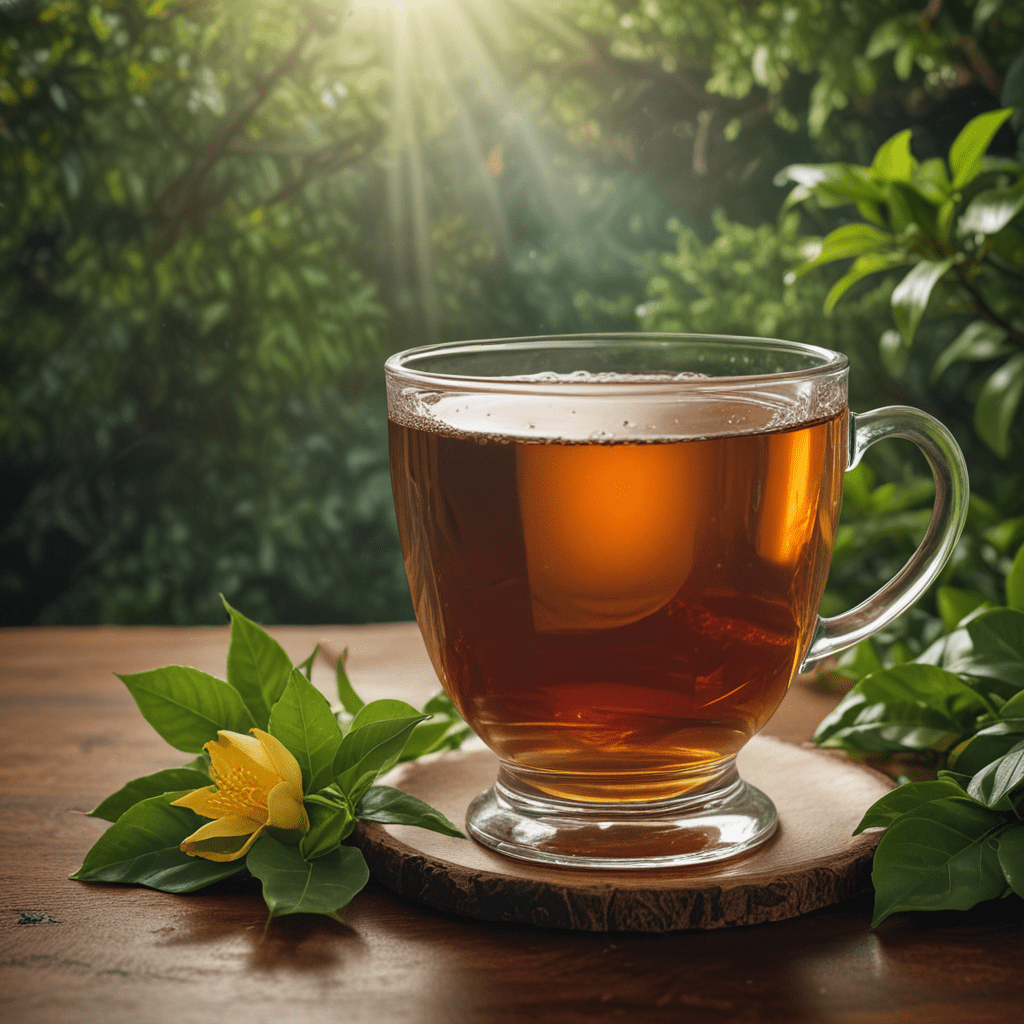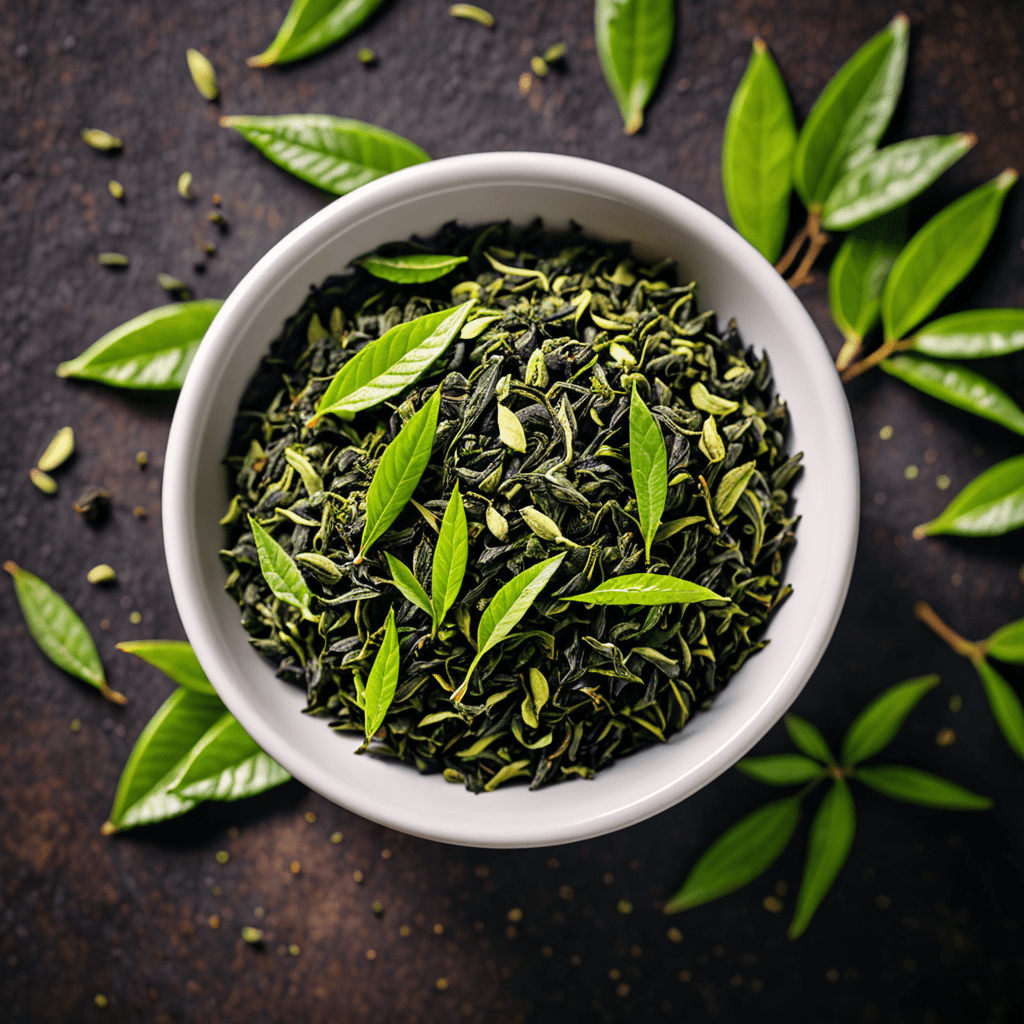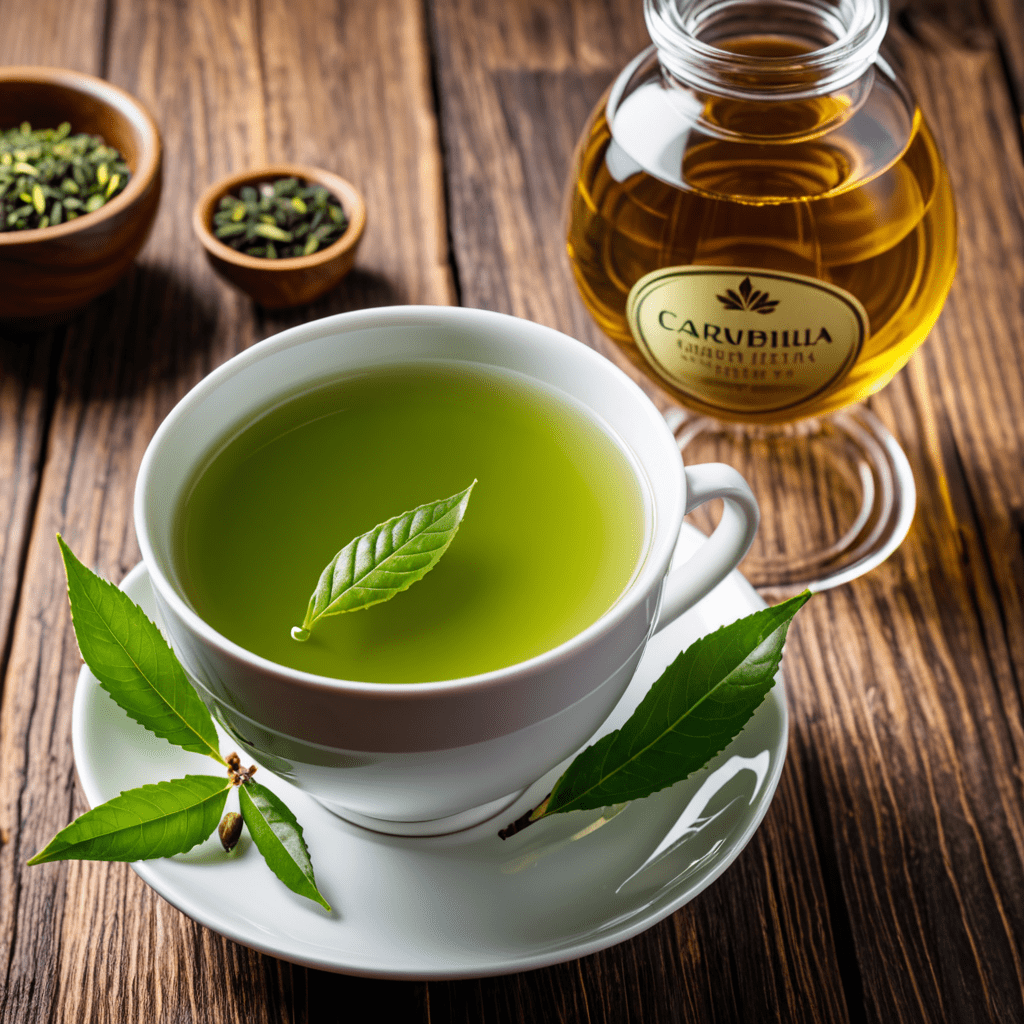
Introduction: The Legacy of Ceylon Tea
Ceylon tea, renowned for its exquisite taste and aroma, holds a cherished place in the global tea industry. As a testament to its exceptional quality, Ceylon tea has been awarded the prestigious title of "Champagne of Teas." This article delves into the rich history, unique terroir, meticulous craftsmanship, and innovative practices that have shaped the legacy of Ceylon tea.
Historical Roots: Origins and Evolution
The origins of Ceylon tea can be traced back to the 1800s when Scottish planters introduced tea seedlings to the island nation of Ceylon, now known as Sri Lanka. The favorable climate and soil conditions proved ideal for tea cultivation, and the industry flourished. By the early 1900s, Ceylon tea had gained international recognition for its superior quality, becoming a staple beverage in homes and tea rooms around the world.
Unique Terroir: Climate, Soil, and Topography
Ceylon tea's distinctive flavor profile is attributed to the unique terroir of Sri Lanka. The island's tropical climate, with abundant rainfall and sunshine, provides optimal growing conditions for tea plants. The diverse topography, ranging from coastal plains to mountainous highlands, contributes to the wide range of flavors found in Ceylon teas.
Crafting Excellence: Plucking, Processing, and Grading
The production of Ceylon tea is a meticulous process that demands precision and expertise. Tea leaves are hand-plucked at the peak of maturity, ensuring the highest quality. The leaves then undergo a series of processing steps, including withering, rolling, oxidation, and drying. Each step is carefully controlled to preserve the tea's delicate flavors and aromas.
Flavour Profiles: A Spectrum of Sensations
Ceylon teas encompass a wide spectrum of flavors, ranging from delicate and floral to rich and full-bodied. Black teas, the most common type, possess a robust and malty character, while green teas offer a refreshing and herbaceous experience. White teas, known for their delicate and subtle flavors, are processed with minimal oxidation.
Health Benefits: Antioxidants and Beyond
Ceylon tea is not only a delectable beverage but also a source of numerous health benefits. It is rich in antioxidants, which help protect the body against cell damage and reduce the risk of chronic diseases. Additionally, Ceylon tea contains compounds that have been shown to promote heart health, improve cognitive function, and boost the immune system.
Sustainable Cultivation: Preserving the Environment
Ceylon tea farmers are committed to sustainable cultivation practices that protect the environment and preserve the natural resources of Sri Lanka. They employ organic farming techniques, minimize the use of pesticides and fertilizers, and promote biodiversity through the planting of shade trees. These practices ensure the long-term viability of the tea industry while safeguarding the island's ecosystems.
Innovation in Production: Advancements in Technology
The Ceylon tea industry is constantly evolving, embracing technological advancements to improve production efficiency and quality. Modern machinery has been introduced to streamline the plucking, processing, and grading of tea leaves. Additionally, research and development efforts are focused on developing new tea varieties and optimizing cultivation practices to meet the changing demands of consumers.
Marketing and Branding: Global Appeal and Niche Recognition
Ceylon tea enjoys global recognition and has established a strong brand identity synonymous with quality and excellence. The Ceylon Tea Board, a government agency, plays a vital role in promoting Ceylon tea worldwide through trade shows, marketing campaigns, and educational initiatives. Tea enthusiasts and connoisseurs around the world seek out Ceylon tea for its unique flavor profiles and the assurance of its authenticity.
Conclusion: A Timeless Beverage Embracing the Future
Ceylon tea is a timeless beverage that has delighted tea lovers for generations. Its rich history, unique terroir, meticulous craftsmanship, and ongoing innovation have cemented its place as one of the world's most esteemed teas. As the industry continues to evolve, Ceylon tea is poised to embrace the future with sustainability, innovation, and the unwavering pursuit of excellence.
FAQ
Q: What makes Ceylon tea unique?
A: Ceylon tea's distinct flavor profiles are attributed to Sri Lanka's unique terroir, including its climate, soil, and topography.
Q: What are the health benefits of Ceylon tea?
A: Ceylon tea is rich in antioxidants and has been shown to promote heart health, improve cognitive function, and boost the immune system.
Q: How is Ceylon tea sustainably cultivated?
A: Ceylon tea farmers employ organic farming techniques, minimize the use of pesticides and fertilizers, and promote biodiversity through the planting of shade trees.
Q: How can I identify genuine Ceylon tea?
A: Look for the Lion logo, which is a certification mark that guarantees the authenticity and quality of Ceylon tea.

